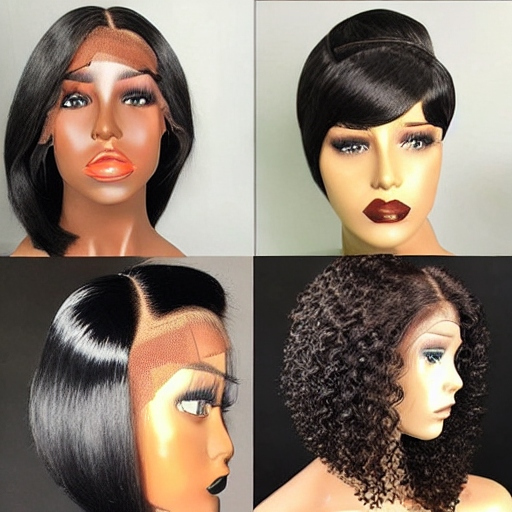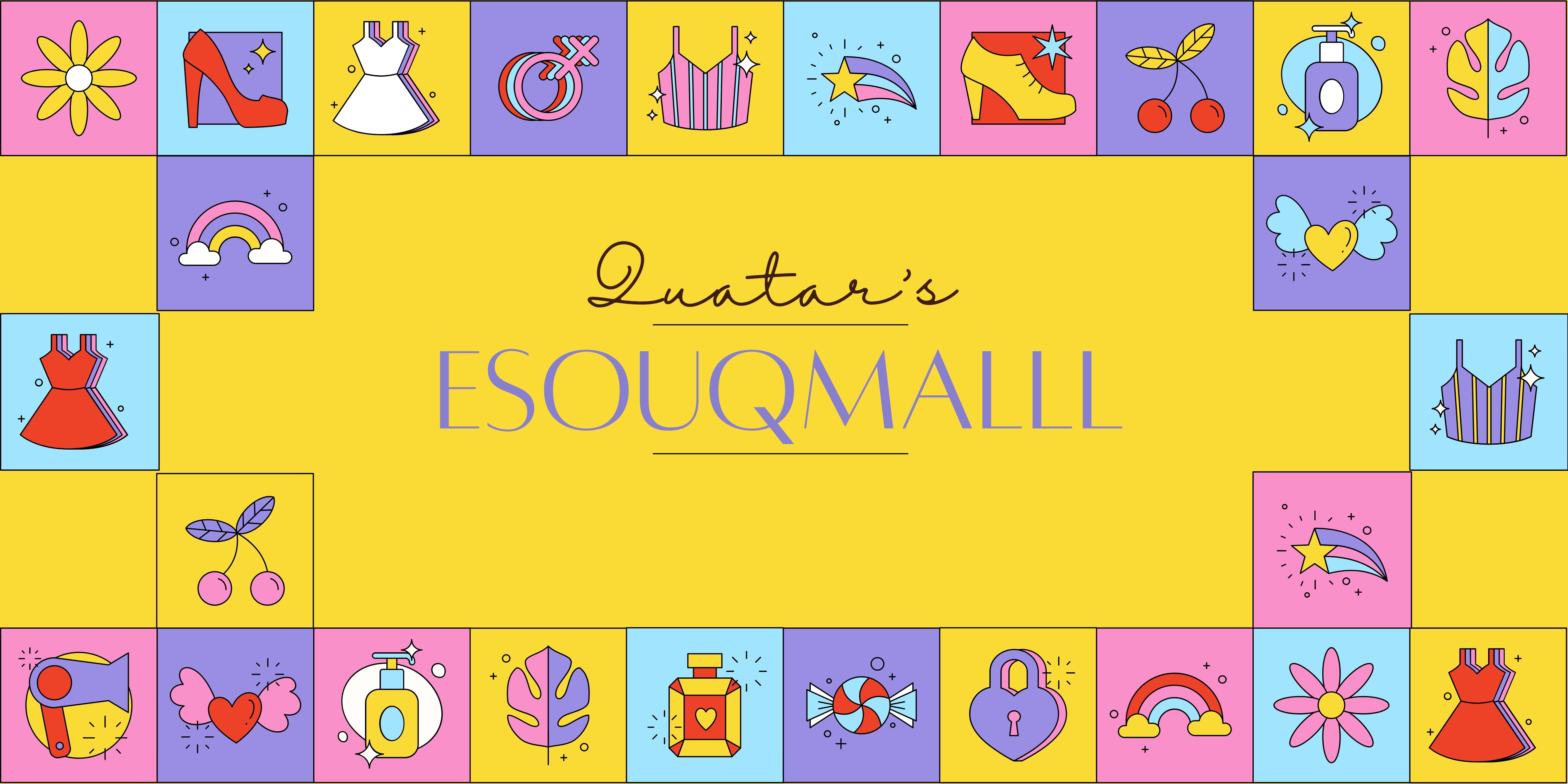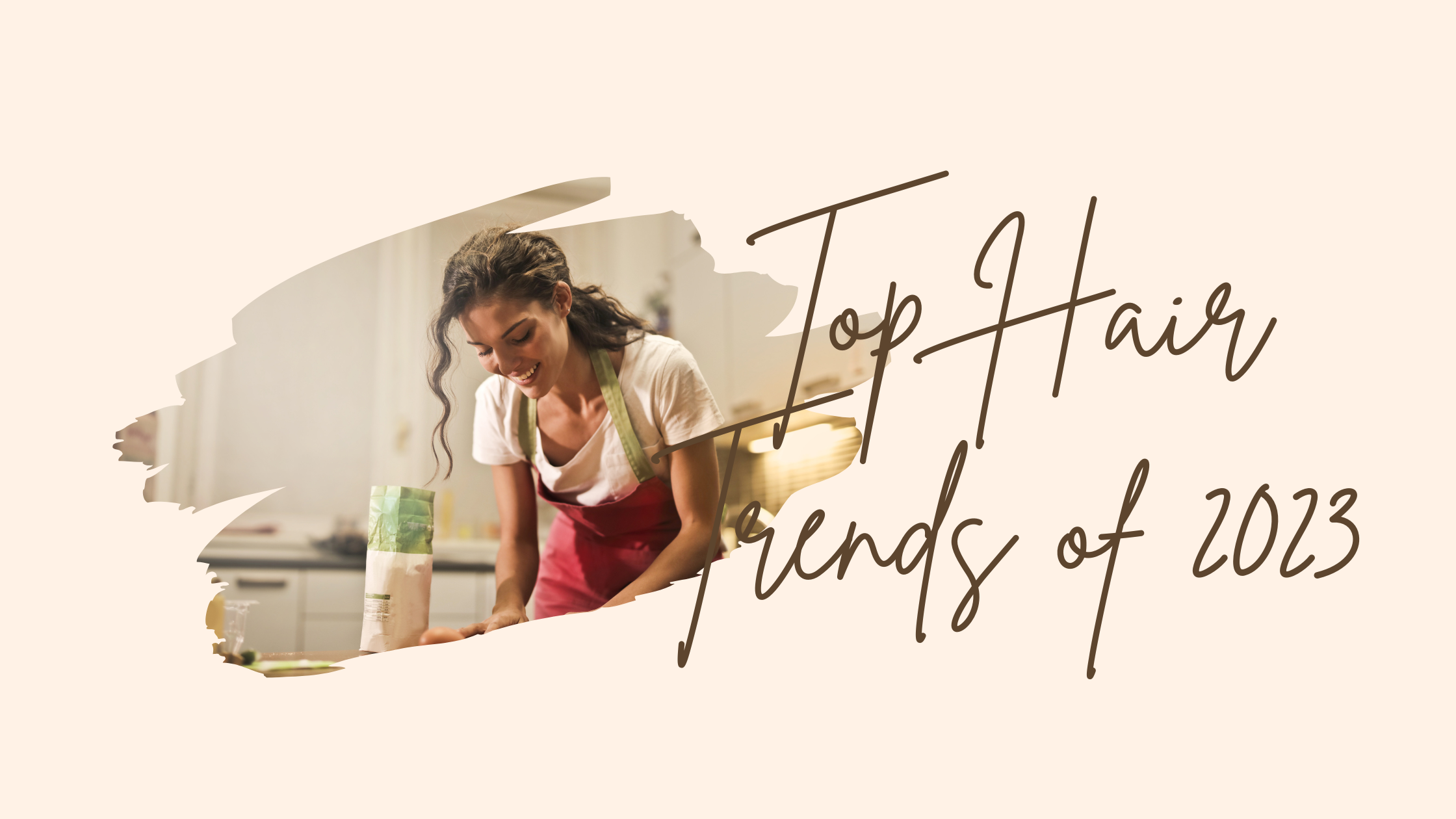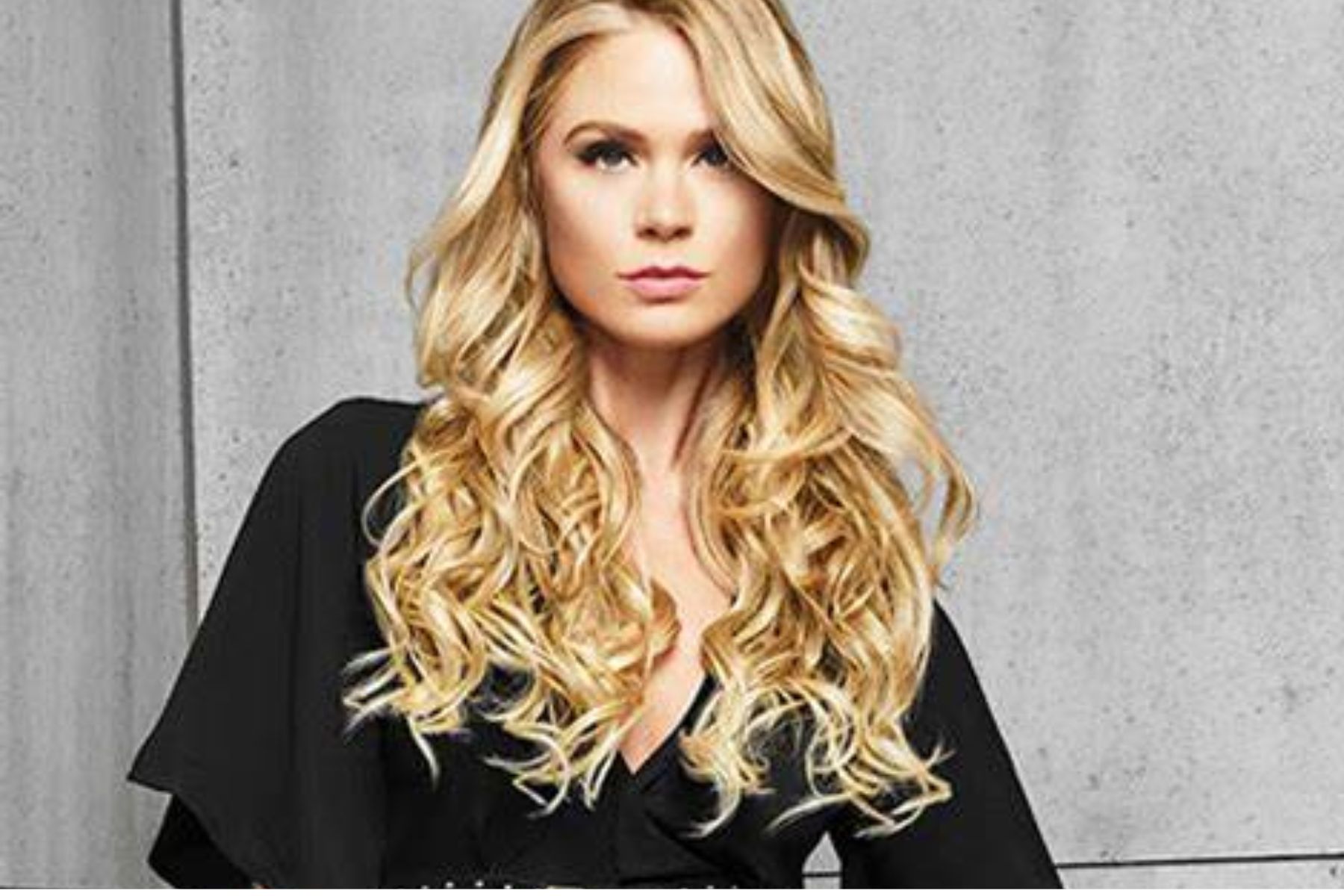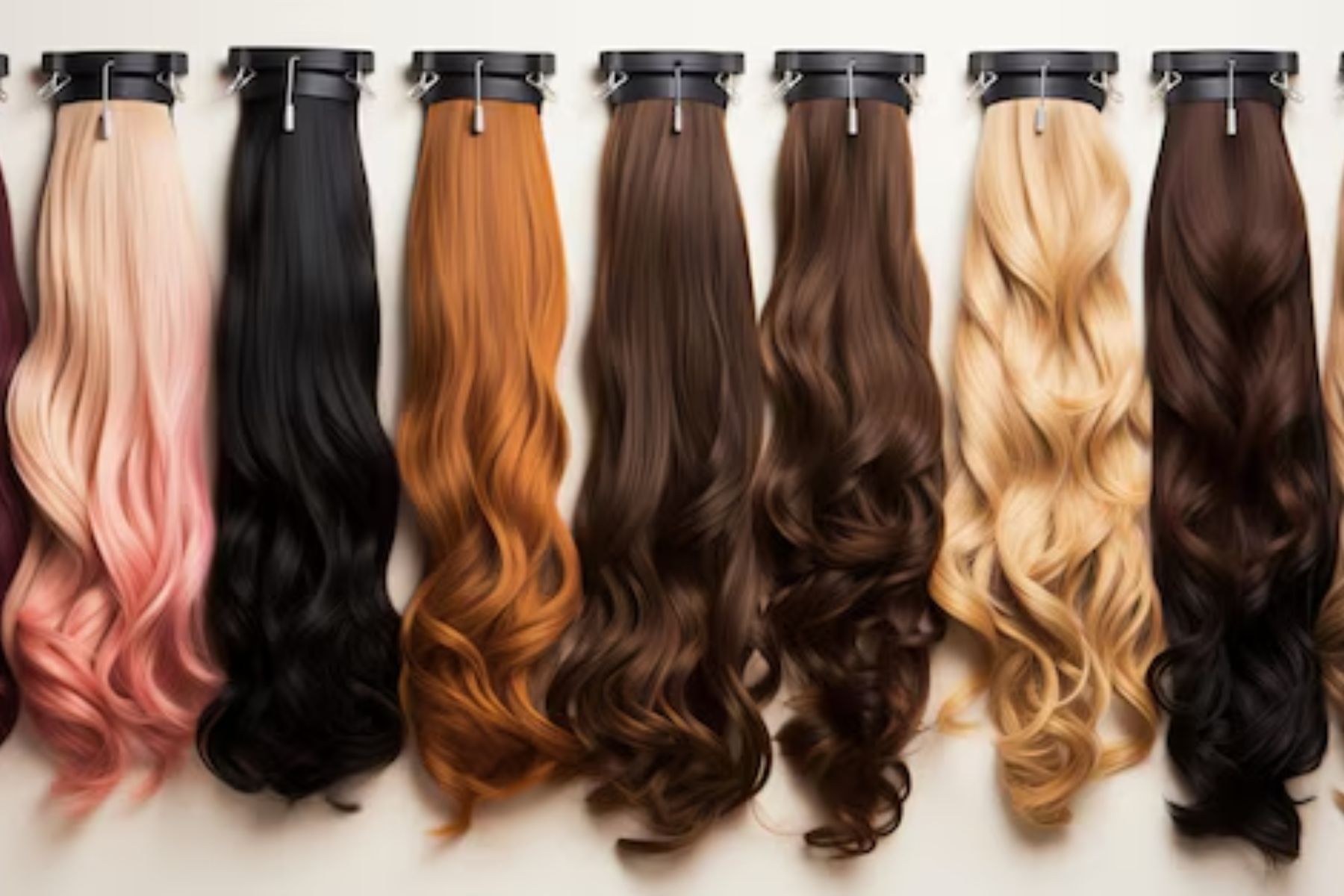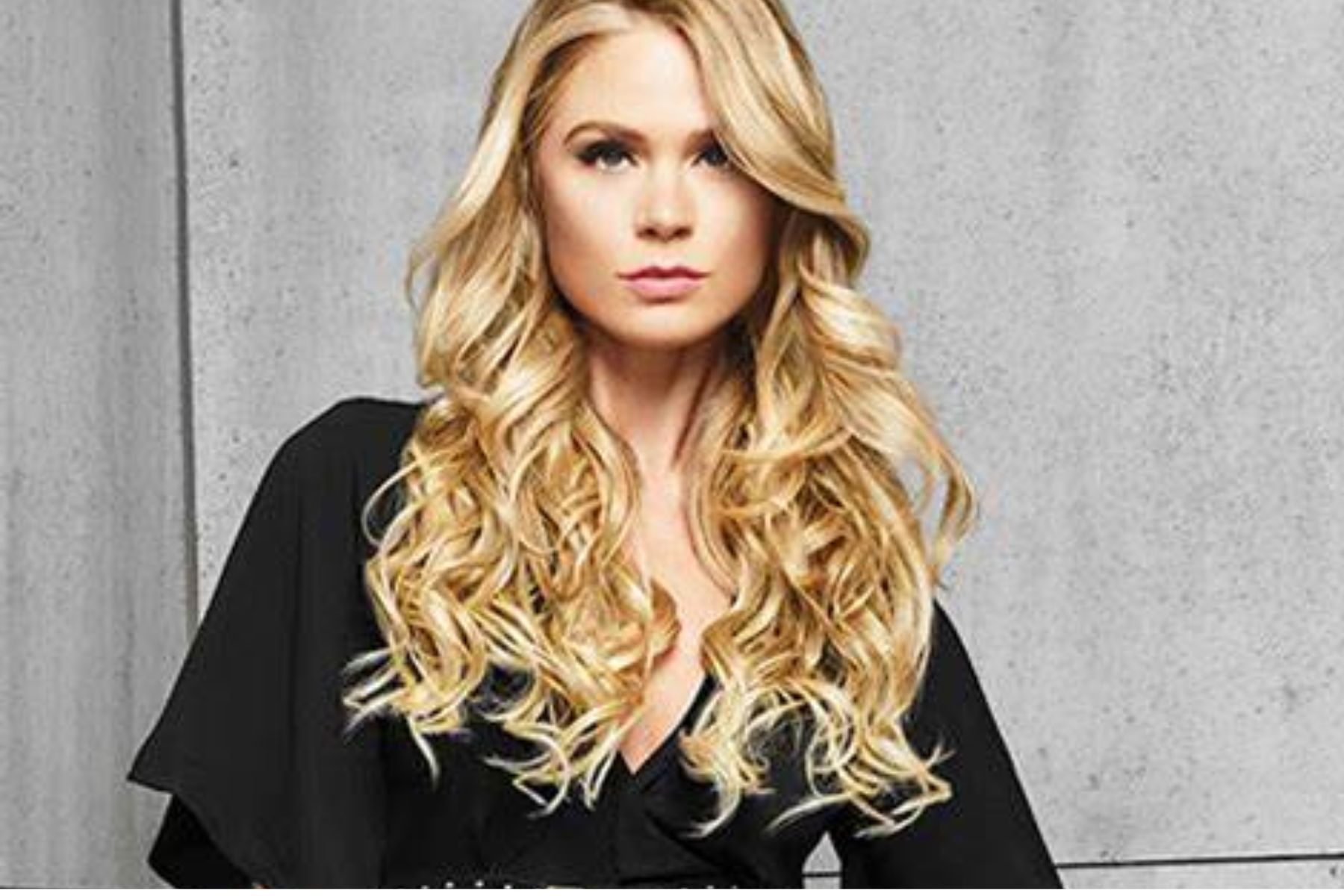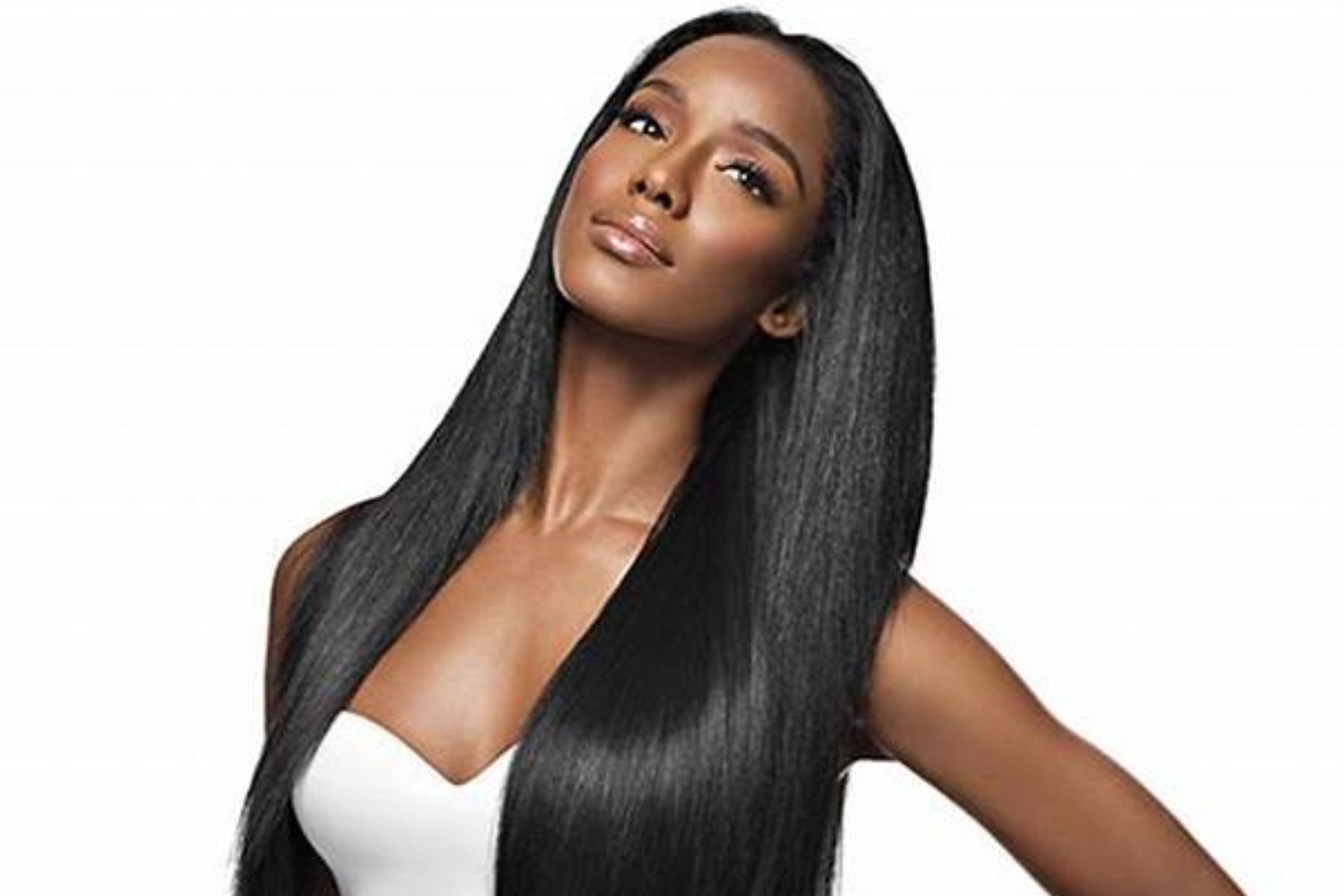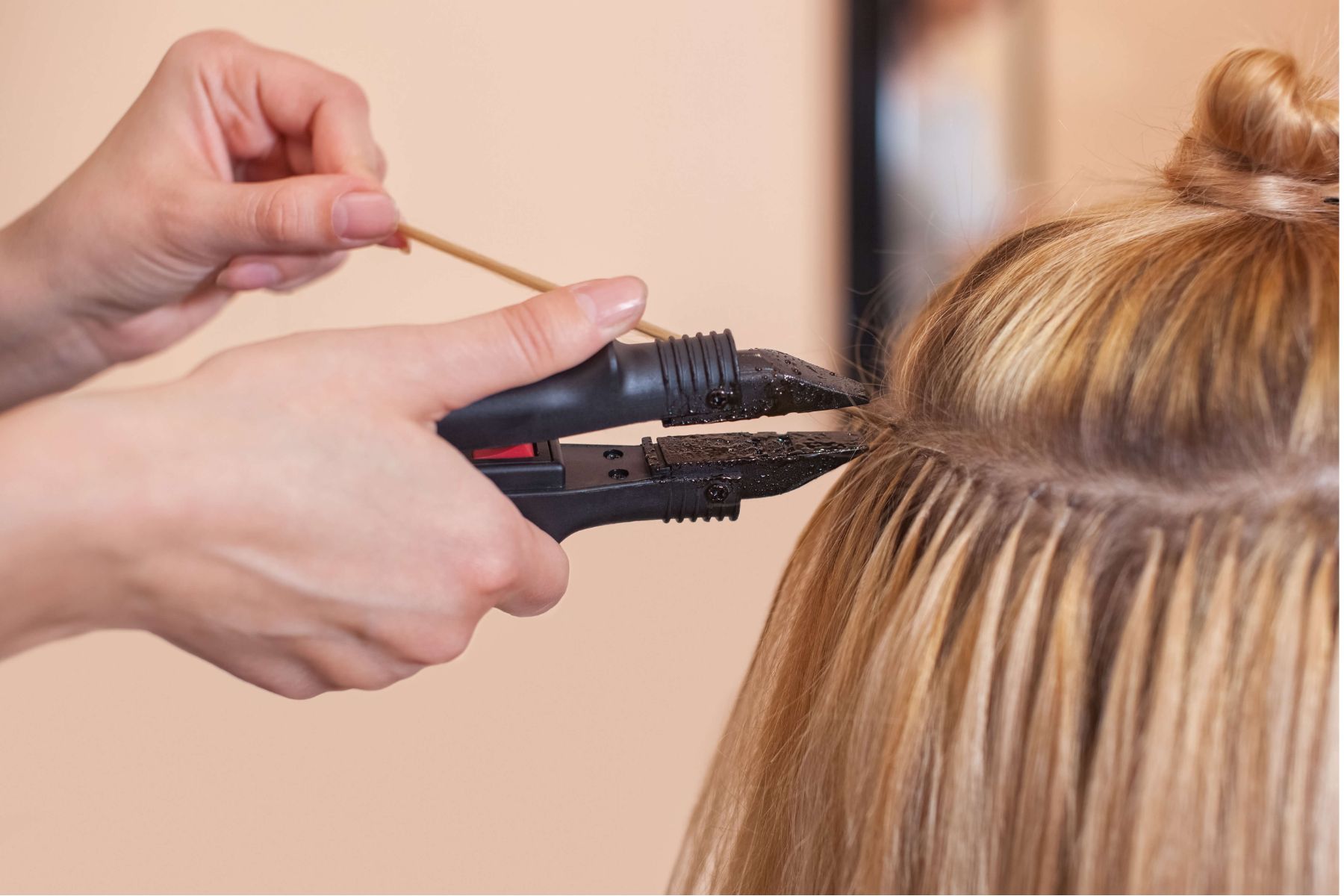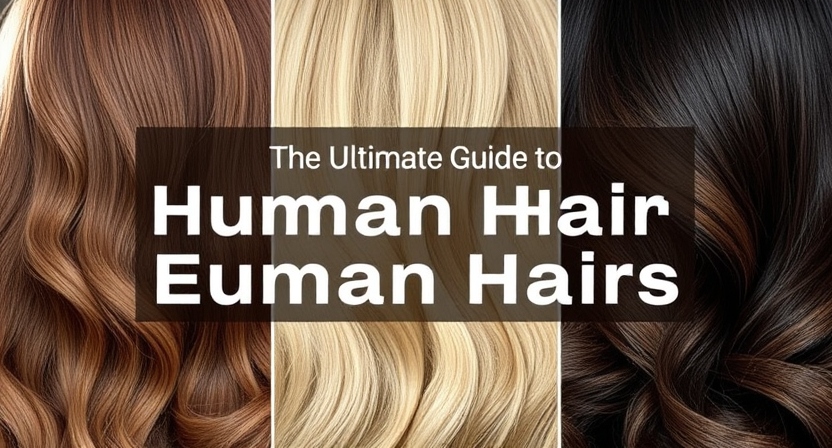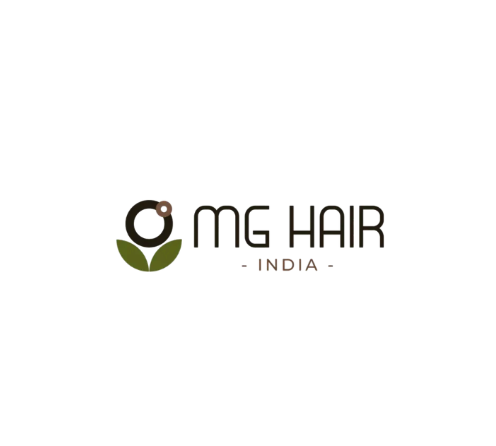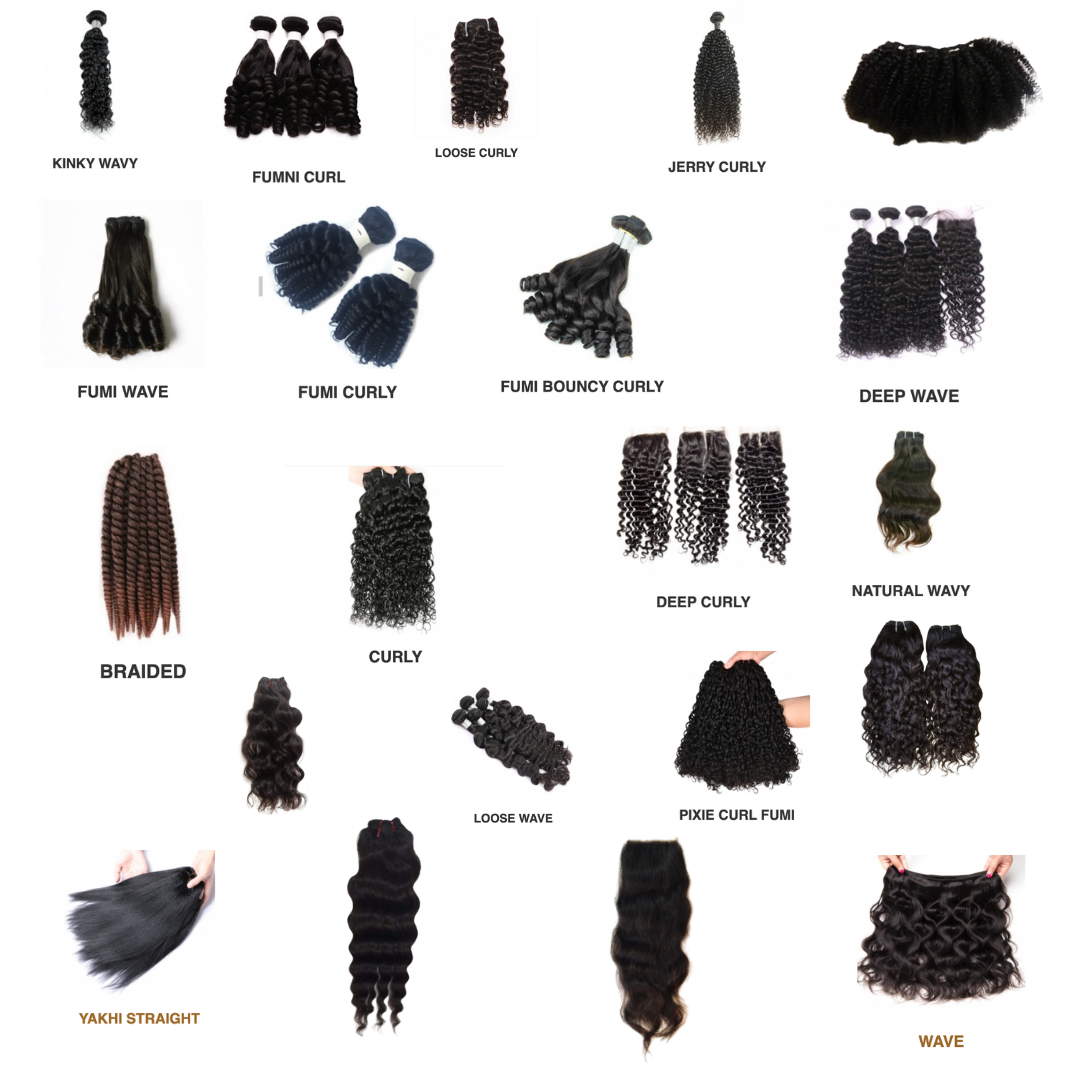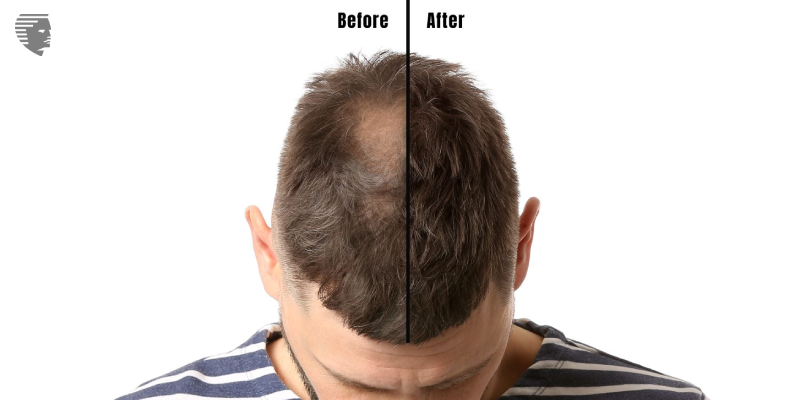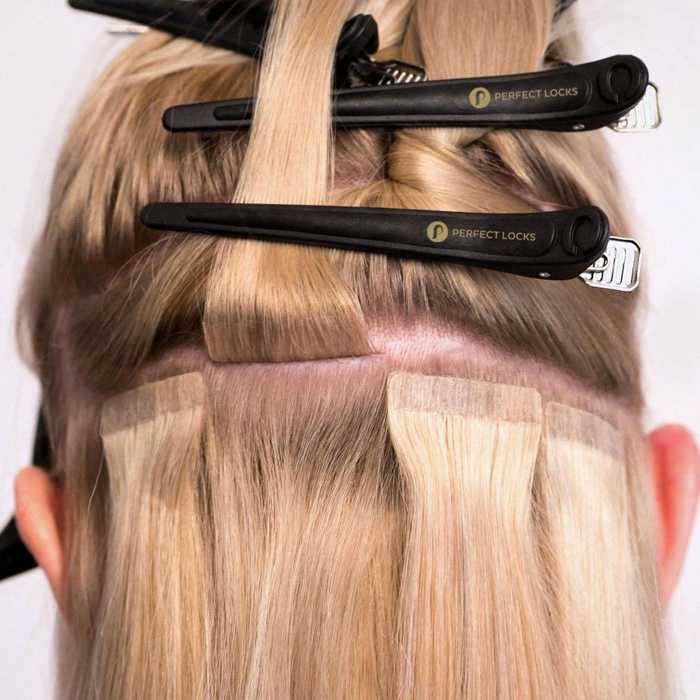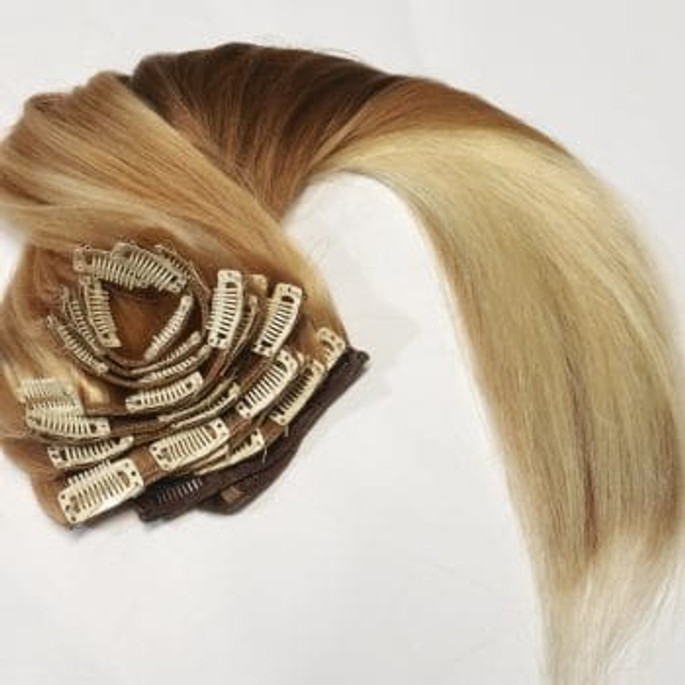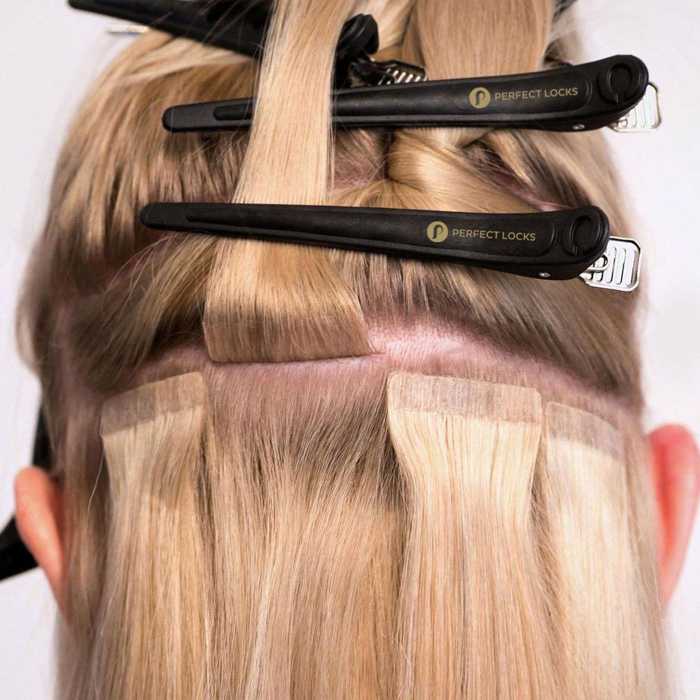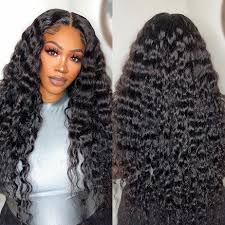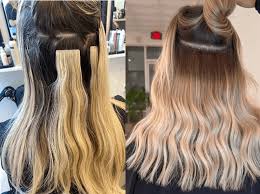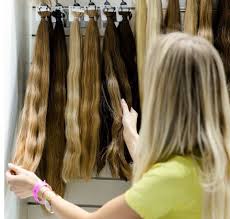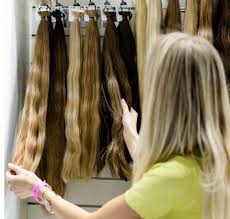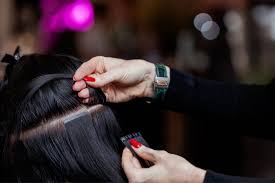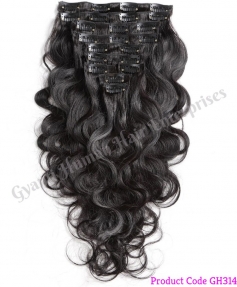Sourcing Ethically in 2025: Why It’s More Than Just a Trend
In the fast-paced, tech-forward, everything-on-demand world of 2025, one thing has become crystal clear: ethics in business isn’t optional — it’s essential.
Whether you’re a small startup or a global corporation, ethical sourcing has shifted from being a “nice-to-have” to a non-negotiable. Customers are paying attention. Supply chains are under the microscope. And the planet? Well, it’s asking for a little compassion — and a lot more responsibility.
So what exactly is ethical sourcing, and why does it matter so much right now?
Let’s break it all down.
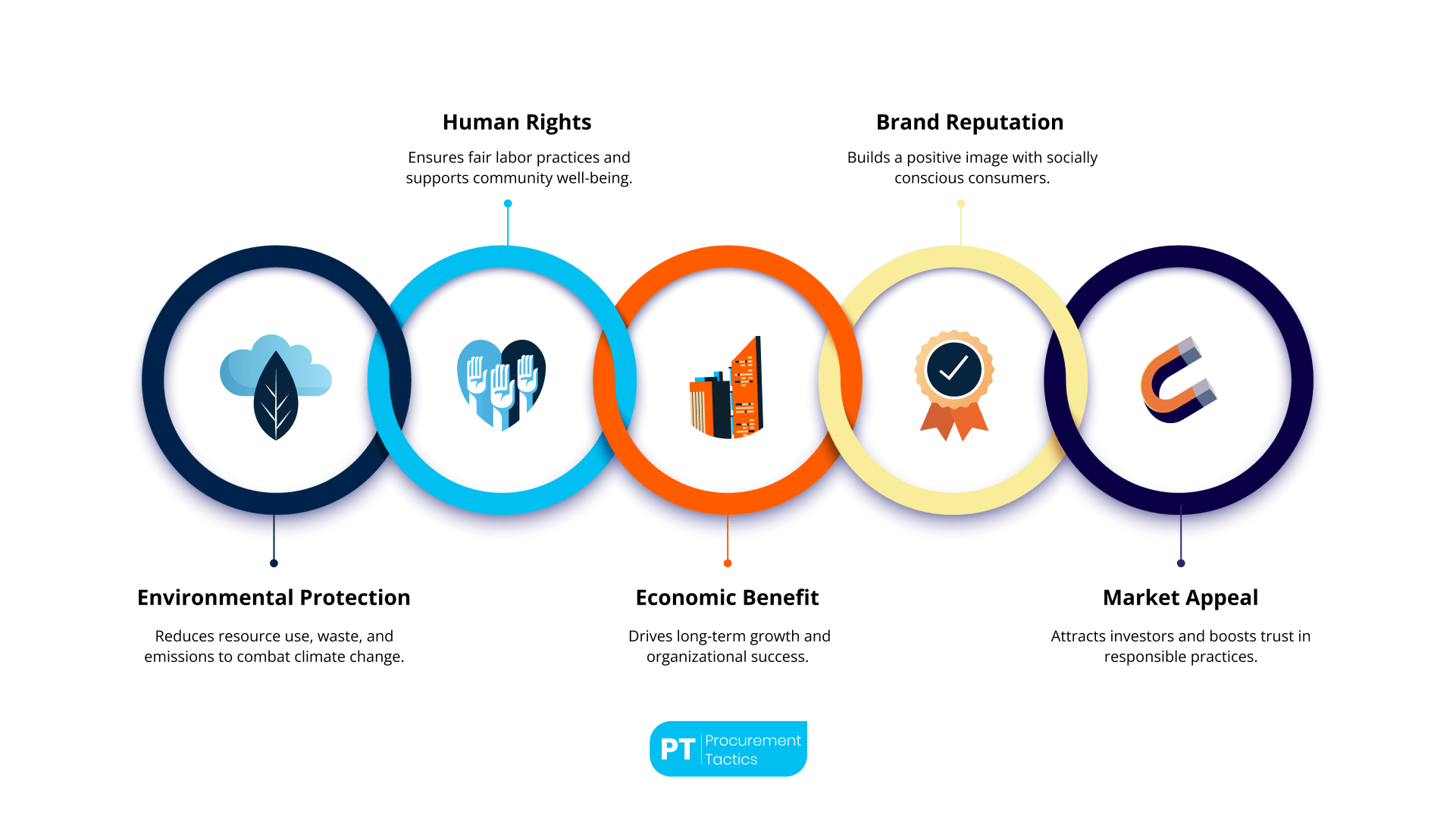
🌱 What Does "Ethical Sourcing" Really Mean?
At its core, ethical sourcing means that the products you buy or sell were made under fair, safe, and environmentally responsible conditions.
That includes:
-
Fair wages for workers
-
Safe working environments
-
No exploitation or child labor
-
Environmentally conscious production
-
Respect for cultural and indigenous rights
-
Transparency across the supply chain
It’s not just about making “green” claims. It’s about doing business in a way that respects human dignity, ecological balance, and long-term sustainability.
📈 Why Is Ethical Sourcing Such a Big Deal in 2025?
Let’s be real — the world is different now.
Here’s what’s fueling this major shift toward ethical practices:
1. Hyper-Aware Consumers
Today’s consumers aren’t just shopping — they’re investigating. They scan QR codes to trace a product’s origin, check for sustainability certifications, and hold brands publicly accountable via social media.
If your sourcing practices are shady, it’s no longer a hidden issue. It’s headline news.
People want to feel good about what they buy. And that means they want to know that no one — and nothing — was harmed in the process.
2. Climate Change is Real (and Urgent)
2024 brought extreme weather, supply chain disruptions, and more visible consequences of climate neglect. In 2025, ethical sourcing is seen as part of the larger climate solution.
Brands that reduce waste, use renewable materials, or partner with eco-responsible suppliers are gaining favor with both consumers and investors.
3. Gen Z and Millennials Are Driving Change
These generations are value-driven shoppers. They’re willing to pay more, wait longer, or even boycott brands that don’t align with their ethics.
They’re also becoming the majority of the workforce — and that means they’re inside companies too, demanding better practices from the inside out.
4. Regulations Are Tightening
Governments and watchdogs are stepping in. The EU, for example, has passed strict supply chain transparency laws, and others are following suit.
This is no longer voluntary — it’s becoming law. If you’re not compliant, you're not just losing customers — you're risking legal trouble.
🧠Why It’s Not Just a “Feel-Good” Move — It’s Smart Business
Yes, sourcing ethically makes you look good. But that’s not the only reason to care.
Here's how it's a strategic advantage:
✅ Builds Trust
When customers know your supply chain is clean, they trust your brand. That trust = loyalty, word-of-mouth, and repeat business.
✅ Boosts Employee Morale
Workers want to be proud of who they work for. Ethical practices create a sense of shared purpose that improves retention and attracts top talent.
✅ Reduces Risk
Unethical sourcing can lead to PR disasters, lawsuits, and cancelled contracts. Ethical sourcing proactively shields you from those risks.
✅ Opens Doors to Partnerships
Bigger corporations, especially in tech and fashion, now require their partners to meet ethical standards. If you want to collaborate or scale, your sourcing needs to be above board.
.jpeg)
🤠Real-World Examples of Brands Getting It Right
✨ Patagonia
Always ahead of the curve, Patagonia uses Fair Trade Certified factories, recycled materials, and is radically transparent about its supply chain.
✨ Everlane
The fashion brand built its whole identity on “Radical Transparency,” disclosing factory conditions, production costs, and supplier info.
✨ Tony’s Chocolonely
Their chocolate bars may be sweet, but their mission is even sweeter: end slavery in the cocoa industry by setting a new gold standard for ethical trade.
💥 The Consequences of Getting It Wrong
Want a reminder of how not to do it?
In 2023, several big brands came under fire for sourcing materials linked to forced labor in Xinjiang or child labor in cobalt mines. The fallout? Boycotts. Lost investors. Brand reputations in shambles.
In today’s age, ignorance isn’t innocence. If your suppliers are unethical, it reflects directly on your business — even if you're three steps removed.
ðŸ› ï¸ How to Start Sourcing Ethically in 2025 (Even if You’re Small)
It might sound overwhelming, but you can absolutely start making changes — one decision at a time.
1. Audit Your Current Suppliers
Start by asking the hard questions. Where are your materials coming from? Who’s making your products? Are there certifications involved?
2. Look for Ethical Certifications
These can include:
3. Prioritize Local & Transparent Partners
Smaller, local suppliers are often easier to vet and have fewer transport-related emissions. Build relationships and demand transparency.
4. Document Everything
From sourcing agreements to labor practices, keep detailed records. This helps with legal compliance and builds consumer trust.
5. Tell Your Story
Be vocal about your ethical journey. Share it in your branding, on your packaging, in your marketing. People want to support responsible businesses — but only if they know the story.
🔮 The Future of Ethical Sourcing
Looking ahead, ethical sourcing will only grow in importance — not because it’s trendy, but because our survival depends on it.
We’ll see more AI-powered transparency tools, blockchain-tracked supply chains, and global alliances to root out injustice in manufacturing. Consumers will expect more — and businesses will be expected to rise to the occasion.
Ethics will be the new currency.
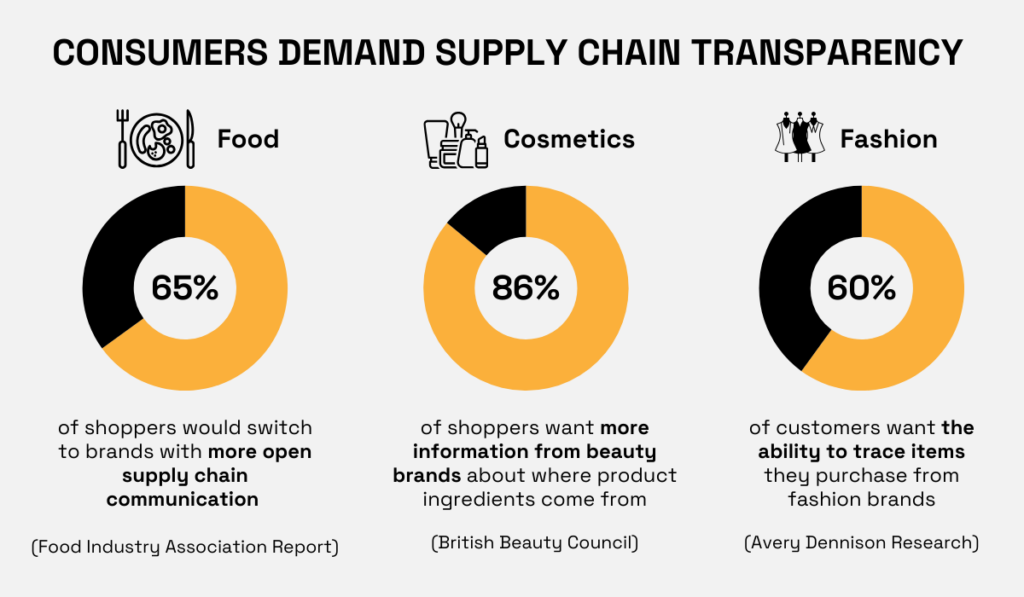
✨ Final Thoughts
In 2025, being ethical is no longer revolutionary — it’s the baseline.
The companies that thrive will be the ones that don’t just chase profits but protect people, honor the planet, and build a legacy they’re proud of.
If you're a business owner, now is the time to ask yourself:
💬 “What story does my supply chain tell?”
Make sure it’s one that aligns with your values — and your customers’.
Because in this new era, doing good = doing well.
Related Blog

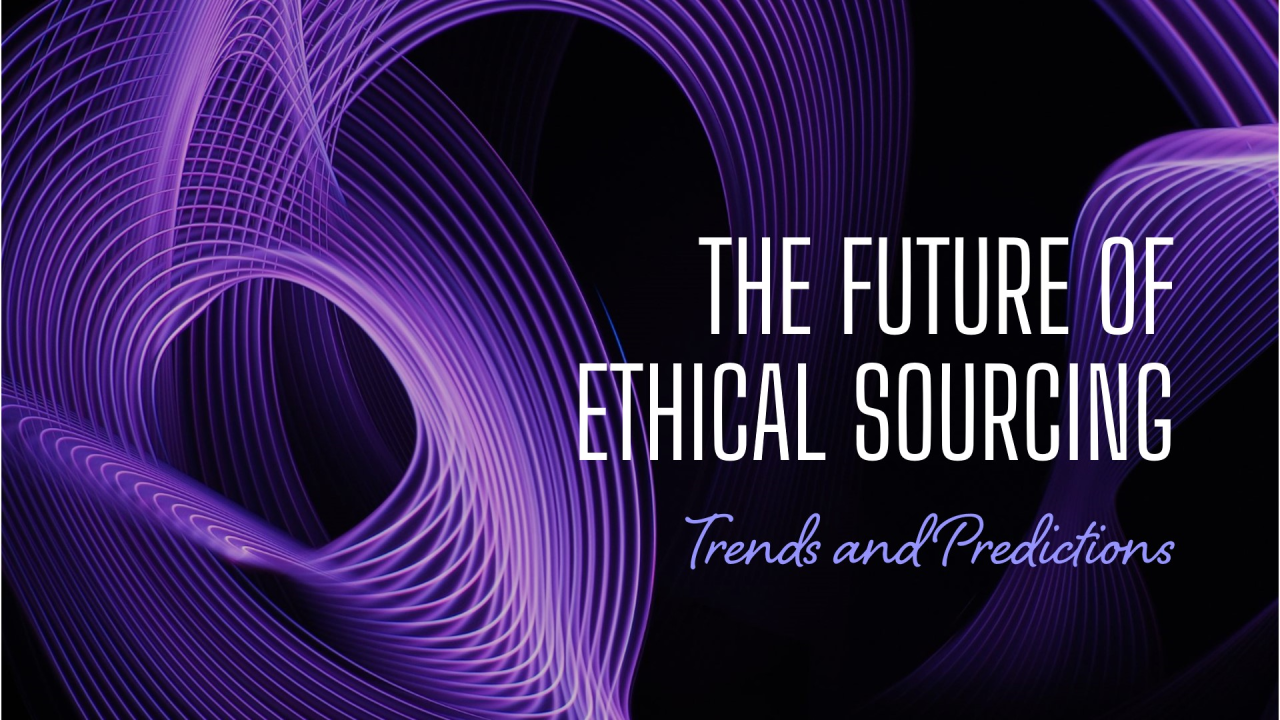

.jpeg)










